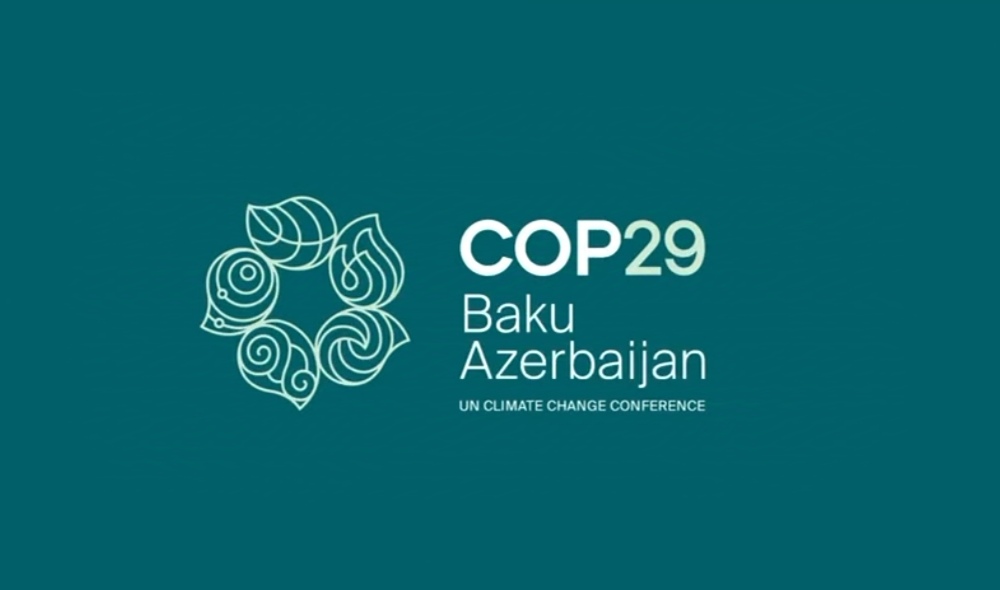The stakes are high at COP29, as leaders from around the world gather to address the escalating climate crisis amid record-breaking temperatures and intensifying natural disasters. 
The United Nations, spearheaded by the United Nations Environment Programme (UNEP), is pushing for increased climate finance to assist developing nations and drive meaningful action to prevent further environmental degradation.
Vulnerable Nations Demand Climate Finance
Developing countries, represented by coalitions like the Alliance of Small Island States (AOSIS) and the Least Developed Countries (LDC) Group, are at the forefront of the push for stronger commitments. With sea levels rising and extreme weather events devastating their communities, these nations are demanding trillions of dollars in climate finance, primarily in the form of grants, to support adaptation, resilience, and recovery through the Loss and Damage Fund. The World Health Organization (WHO) has also urged leaders to prioritize climate-related health risks, as millions face threats from pollution, heatwaves, and diseases tied to climate change.
Papua New Guinea’s Boycott and India’s Emphasis on Fair Finance
Papua New Guinea has chosen to boycott COP29, expressing frustration with the perceived inaction of high-emitting nations and the empty promises from polluters. India will emphasize equitable climate finance, aligning with its stance on "common but differentiated responsibilities," urging wealthy nations to provide adequate funding to those disproportionately affected by the climate crisis.
Climate Action and Concerns of Major Economies
1. China: Balancing Economic Growth and Climate Responsibility As the world's largest emitter, China is under pressure to phase out coal more rapidly, despite its significant investments in renewable energy. China has committed to peak emissions by 2030 and aims for carbon neutrality by 2060. However, many advocate for a faster transition, given its impact on global emissions.
2. United States: Ambitious Yet Divided on Climate Action The United States has recently passed substantial climate legislation, positioning itself as a leader in renewable energy investments. Yet, domestic divisions may hinder its ability to fully support climate finance goals. At COP29, the U.S. is expected to endorse the Loss and Damage Fund, but will face scrutiny over long-term funding commitments.
3. United Kingdom: Economic Constraints Amid High Climate Goals The UK continues to lead in phasing out coal and investing in renewables, with a net-zero target for 2050. However, recent economic challenges could test its ability to fund ambitious climate initiatives. The UK’s role at COP29 will involve balancing its domestic pressures with its climate finance obligations to developing countries.
4. Russia: Minimal Commitments and Fossil Fuel Dependence With its economy deeply reliant on fossil fuels, Russia has taken a limited approach to climate action, pledging only modest emission reductions by 2060. COP29 observers expect Russia to resist accelerated fossil fuel phase-out discussions.
5. Australia: Tensions Between Fossil Fuels and Climate Goals Australia faces the challenge of reconciling its commitment to net-zero by 2050 with its role as a major coal exporter. At COP29, Australia is likely to advocate for climate finance measures while grappling with economic dependencies on coal.
Climate Challenges of Vulnerable Nations
1. Nepal: Facing Glacial Melting and Mountain Hazards Nepal, a highly vulnerable Himalayan country, is experiencing rapid glacial melt due to rising temperatures, putting millions at risk from glacial lake outburst floods, landslides, and other climate-induced hazards. Despite contributing minimally to global emissions, Nepal bears a disproportionate share of climate risks. At COP29, Nepal is joining other developing nations to call for urgent climate finance that includes robust adaptation measures to safeguard its communities and fragile ecosystems.
2. Netherlands: Threatened by Rising Sea Levels The Netherlands, while a developed nation, faces unique climate risks as a low-lying country highly vulnerable to sea level rise. With much of its land below sea level, the Netherlands has been proactive in implementing advanced water management and flood defense systems. At COP29, the Netherlands is expected to advocate for global action to mitigate sea level rise, sharing its expertise on climate resilience while stressing the need for adaptation financing to support similar measures in vulnerable countries worldwide.
3. African Countries: Calls for Justice in Climate Financing African nations, suffering severe impacts from droughts, floods, and food insecurity despite low emissions contributions, continue to press wealthy nations for climate finance commitments. At COP29, African leaders are expected to call for increased contributions to the Loss and Damage Fund, advocating for grants over loans to ensure their populations can adapt to intensifying climate threats.
A Call for Unified Action at COP29
With climate impacts hitting hard across vulnerable nations, COP29 is a critical opportunity for collective action. Countries like Nepal and the Netherlands—while vastly different in development—highlight the wide-ranging impacts of climate change and the urgent need for cooperation and financial backing. As global leaders face pressure to make substantial commitments, the success of COP29 will depend on nations’ ability to go beyond promises and deliver actionable, funded initiatives that support those most affected by climate change.